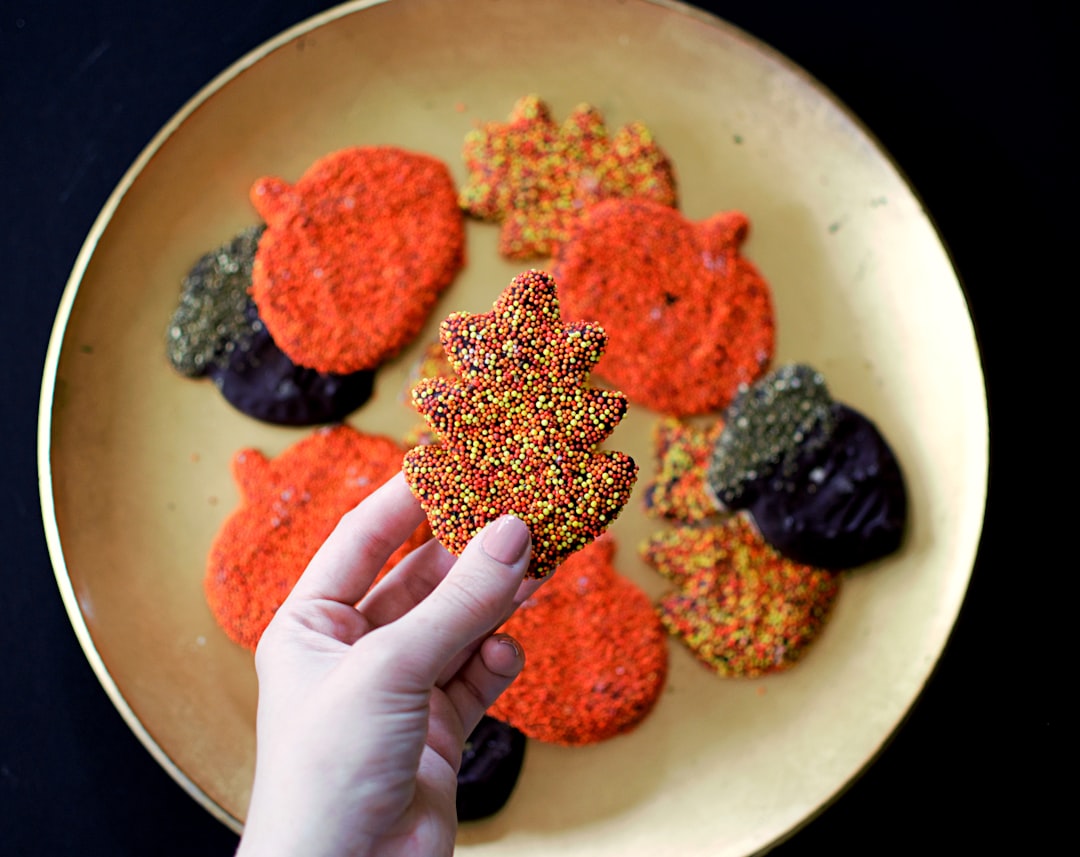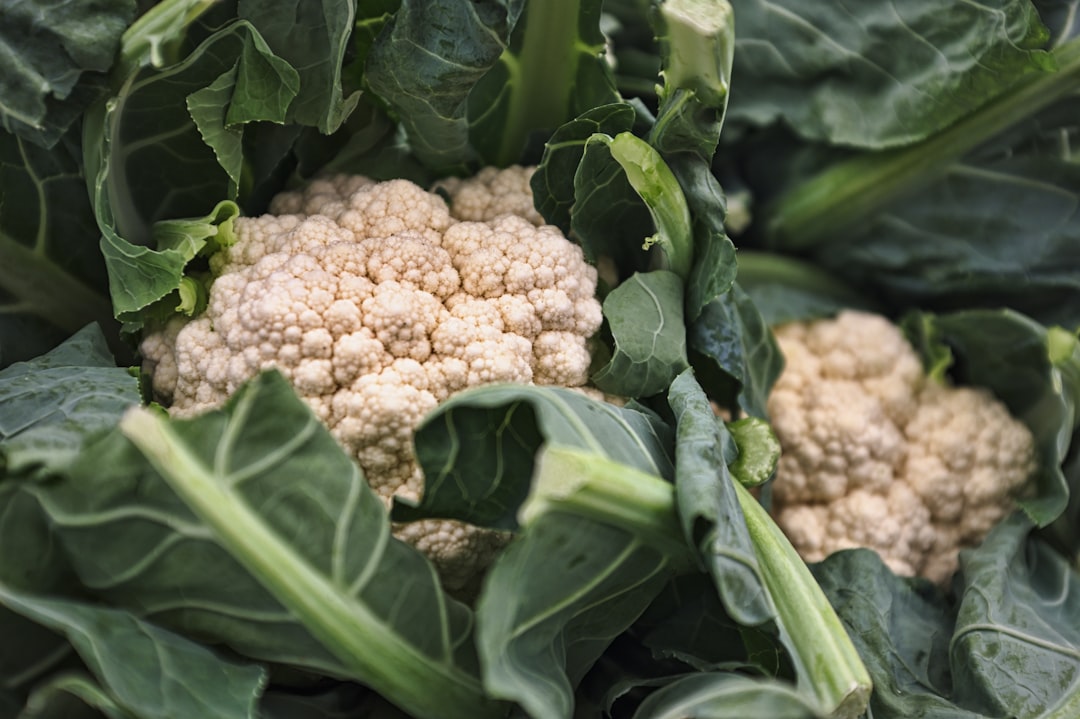Not all peppers are created equal. Some are out of control, and others are selections that you can grow year around once you know how to care for them. Vinegar, pepper flakes, and crushed peppercorns are three things to remember as you grow pepper at home. The different preserving methods will keep your peppercorns fresh for months at room temperature or up to 3 years if sealed properly.
borrowing seeds from pepper plantsThere are several vegetable plants that produce seeds. Black pepper and white pepper are the most common. You can look for these plants in the fresh produce section at your local grocery store. These seeds will be ready for you to plant when your plant starts to produce a crop. This is an excellent option for those who want to avoid flowers. Sowing seeds can be done in the fall or a little early in the spring. You should only need to buy seeds from a reputable source to be assured the seeds will be good seeds.

Clipping them upIt is important to know your expectations when it comes to how much vegetation you will have around your garden. You need to know that you will not be able to plant every plant that you plant. Instead, plant the more popular fruits and vegetables first. Then, only choose to plant the more obscure varieties of produce when you have more confidence in your sow.
Reasons for choosing pepperberriesThe pepperberry is one of the most colorful foods on the planet. They are the largest of all fruit, and they are a perfect example of the Culinary Olympics. This is an excellent example of what you can get from eating peppers. When cooked, the pepperberry turns from a purée into a jam. It is literally a fruit that has every flavor imaginable. In the culinary world, the pepperberry is a perfect example of how to use a sweet against a salty and chloride-heavy fish. In a culinary setting, there is no right or wrong, only experience.
As a member of the berries family, you can either grow pepper plants or eat them. Either way, plants certainly have a shorter lifespan than berries. berries are ripe enough to eat within a year of planting. They are very susceptible to frost. Even summer plants can be faltered by frost. When you plant berries, you want to plant them in your garden during the growing season.
Pruning your plantsAfter you grow your peppers, you will need to prune them. It is recommended that you remove the previous year’s fruiting plants and plant new crop. You can reduce your costs by doing this, and there is no blame for not doing it. After all, you do not want to interrupt the flow of fruit, and you possibly want to instill your own flavor in the fruit, making it more palatable to eat.
Knowing your climateIt is crucial for your garden to be able to accommodate different types of climate. You may not be able to grow tomatoes in the middle of the winter in Florida, so you may want to plant other alternatives. Research is crucial before you pick a specific plant to grow.
Space, lighting, and water carefully; consider these key elements before you grow any vegetables. Plants should be spaced at least 8 feet apart, with at least 6 feet between rows. A basin of about 2 feet should be kept on one end of the bedding.
Cabbage, cauliflower, radish, sugar snap and others should be planted during the spring season. They let up before they are pollinated, so you do not have to worry about them going off too fast when you prune.
Insect pest control is important also. There, there are many insects that particularly sow cools and thrives on fruit. To get the job done, you can use certain products including insecticides and good bug traps.
When it comes to lighting, organics are better. That way, you will not need to keep opening and closing the door when the plants are ready to be processed. That leads to less time wasted, and ultimately, more time saved.
Here are a few tips for efficiently applying insect and pest control in your backyard garden.
Most insects and weeds are most active at night. To get them all, you may want to consider getting the majority of your home worked out, and keeping insects and weeds out of your garden during the day.
controlled waste and recycling systems.
Appropriate food and fiber diets.
Taking advantage of advertising when it comes to promoting get in touch with you
Cloning your own chickens so they can be raised up for meat production
Ensuring your home gardens are equipped with traps and other methods to catching pests
Keeping the garden looking nice and put things in it to attract attention.


